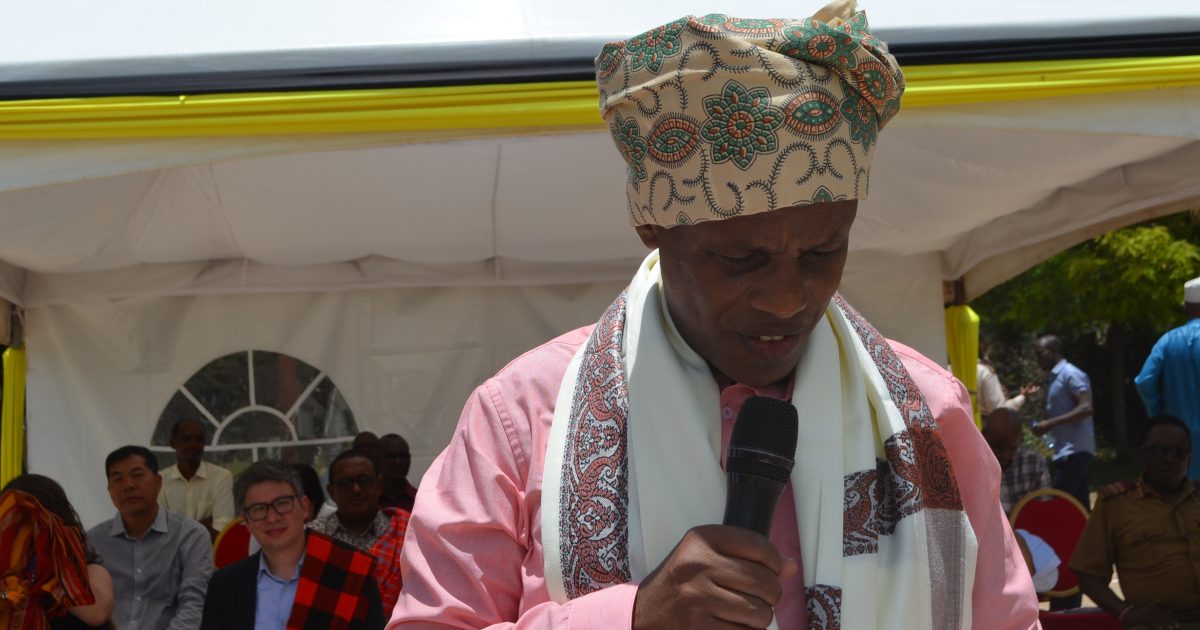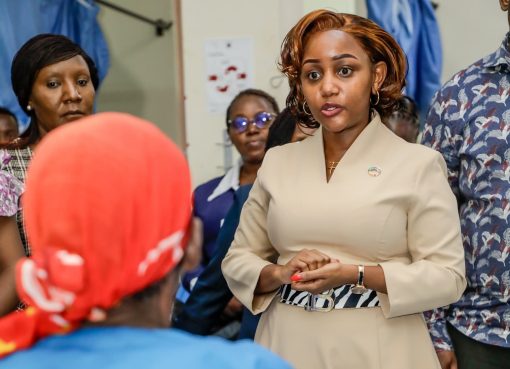The government is ready to distribute artificial insemination semen to 31 counties to improve the country’s livestock quality and production.
The Director of Livestock Production Dr. Bishar Elmi said that Isiolo County would get 40,000 of Borana cattle breed and another 40,000 of indigenous stocks capable of improving milk, meat and skin productions.
Dr. Elmi said drought would not be an emergency any more since the government has also planned to establish 450 feedlots in every county to address the long dry spells’ situation in the country.
He made the remarks in Isiolo town where he joined 300 herders to celebrate completion of a joint Northern Rangeland Trust (NRT) organization and the government training through the ‘Ufugaji Bora Mashinani’ programme that taught them on how to achieve better livelihood from better livestock husbandry.
The Livestock Director said the government would educate farmers on modern feedlots management technologies where grass would be planted using minimal amounts of water.
Dr. Elmi said that the government was partnering with stakeholders to speed up completion of modern slaughter house in Isiolo in order to help livestock farmers maximize profits from their undertakings through exporting meat and other products to foreign Countries and create more jobs for young people.
Elmi said that Isiolo modern slaughter house is 99 percent complete and would be opened soon. More than 160 camels, 300 cows and 2,500 goats would be slaughtered at the abattoir daily and hence create over 1000 jobs for skilled and unskilled personnel.
He said that more meat was needed locally and internationally from Kenya where there is a deficit in demand since the current production of 45,000 tonnes could not match the 66,000 required.
Isiolo Deputy County Commissioner Mr. Patrick Musango urged livestock farmers to use modern technologies and embrace zero grazing of their stocks formally so as to keep away the cattle rustlers who had been terrorizing them in the grazing fields, sometimes losing lives and property to cattle thieves.
The DCC directed chiefs to be attending training workshops in their locations and sub locations so as to disseminate the government information and policies to local residents and other stakeholders.
By David Nduro




